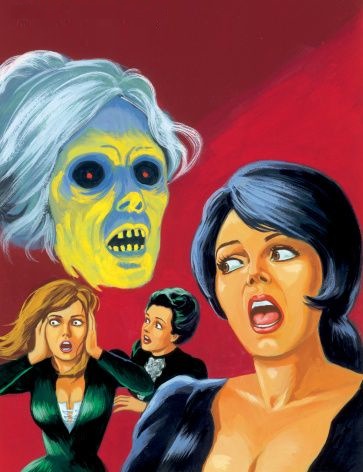« Prev Next »
Extremely important to science, yet too often overlooked, is the element of simplicity. Good science writing should be as accessible to the general public as possible because it is the public who will fund or forbid the progress of science. Though simplicity sounds easy to adopt, it is quite difficult as it requires one to organize their thoughts before writing them down. Believe it or not, some people have trouble doing this, much to the detriment of their work. A science talk is no fun if half of your audience has no idea what you are talking about, and grant funding is difficult to obtain when the government is clueless on what researchers "do with the money." Making information accessible not only allows more people to understand, adapt, and implement your ideas, but it also rouses support from others outside the field.
It's always a great watch a non-scientist smile and say, "Ahhhh, I get it," after you explain your research in easy-to-understand terms. That wonderful feeling of epiphany also makes people feel smarter because they feel closer to understanding a field that is traditionally elitist, and often taught in a way that demands the memorization of endless facts and formulae and discourages the masses from following its path. Although difficulty gives science a charming mystique, it is also a fatal flaw. The masses fear what they do not understand, and consequently, and largely due to the poor communication ability of scientists, a lot of great ideas are misconstrued as threats to society.
Scientists, and especially those who write about science, need to be acutely aware of this double-edged sword. Although the mystery of genetics could lead to cures beyond the imagination of modern medicine, how many zombie films start out with a science experiment gone wrong?

Equally plausible to causing zombie-syndrome is an intergalactic cosmic twinkie that explodes on impact, spreading its nefarious alien marshmallow filling into the atmosphere, instantly causing the uprising of a blood-sucking army of undead zombies. But the public doesn't think of stale cosmic twinkies as a potential cause of zombie-syndrome; instead, they think of stem-cells, gene therapy, and pharmaceuticals. Why? Because they understand the limits of twinkies, but they have no idea what limits are on science.
Science is unknown, and is therefore a scary, and dangerous thing. What is unknown is often distorted into sacrilege, cruelty, greed, and worse --zombies. The misguided public response is often based on these assumptions, and is appropriate considering their line of reasoning and their perceived threats. After all, who wouldn't try to stop gene science to prevent zombie attacks?
When under public scrutiny, scientists finally realize how important simplicity is, and try to calm the situation by explaining the science in simpler terms. Usually, this response is too late as the rift between the scientists and non-scientists has already grown too large to bridge. Consequently, science pays for it dearly by being excluded from schools, funding, and, worst of all, patient access. Stem cell research is still suffering from this kind of punishment.
Until the importance of simplicity is realized and more readily adopted, science may continue to suffer from public resistance, governmental red-tape, and tight funding. Until then, geneticists might as well put anti-zombie medication in the "future directions" slide of their presentations.






















